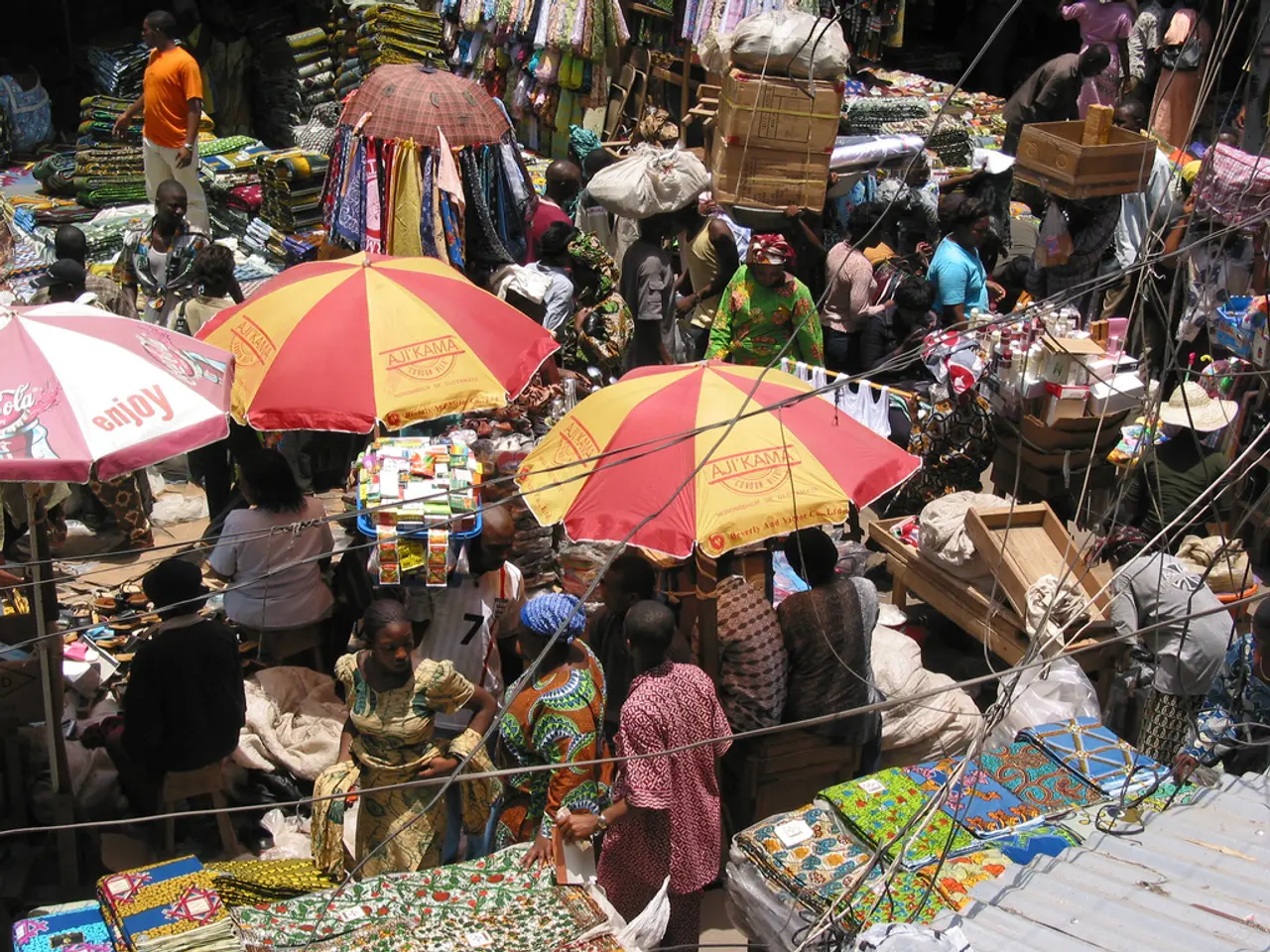Online Marketplace Collaborations Aid in Eliminating Fake Products
In a recent report, a collaborative effort between government agencies and private companies has been proposed to address the growing issue of counterfeit goods in online markets in the United States.
The U.S. Customs and Border Protection (CBP) and the Department of Homeland Security, along with tech giants such as Amazon, Google, Microsoft, and eBay, are set to work together to curb the spread of counterfeit items. This collaboration aims to enhance enforcement efforts and reduce counterfeit sales online.
The report suggests amending existing laws and regulations to facilitate data sharing between these stakeholders. This data partnership is designed to use advanced analytics to disrupt counterfeiting networks, protect intellectual property rights, and maintain privacy.
Politicians have proposed guidelines for this partnership, focusing on creating secure frameworks for data sharing. The report advocates that these efforts could substantially reduce counterfeit imports and have the potential to create an additional 15,000 to 20,000 manufacturing jobs in America.
However, it's important to note that the report has yet to specify the exact number of jobs created or the reduction in counterfeit imports.
The report emphasises that addressing the proliferation of counterfeits in online marketplaces requires better collaboration between stakeholders in government and industry. It highlights that counterfeit goods not only harm consumers and businesses but also negatively impact the economy.
By working together, these entities can aim to create a safer and more authentic online shopping environment for consumers, protect the intellectual property of legitimate businesses, and potentially stimulate economic growth through job creation. The report is yet to be fully implemented, but it presents a promising step towards combating counterfeiting networks in the digital age.








